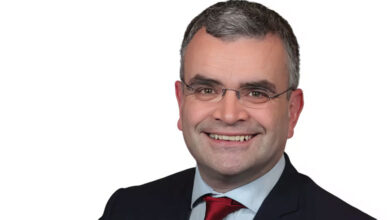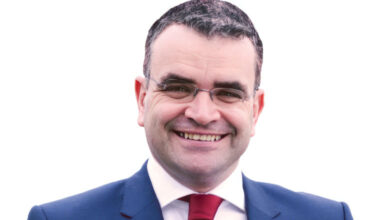How Trump’s DEI rollback could affect the Irish workplace

In January 2025, the new administration in the United States fulfilled a key campaign pledge to roll back legislation around diversity, equity, and inclusion (DEI). eolas Magazine examines the potential ramifications of this decision for Irish workplaces.
In January 2025, US President Donald Trump signed an executive order dismantling what his administration describes as ‘unlawful’ diversity, equity, and inclusion (DEI) programmes across the federal government. This directive eliminates the use of DEI factors in federal hiring, promotions, and procurement decisions, reinstating a strict merit-based system. It also revokes longstanding affirmative action requirements for federal contractors and directs agencies to crack down on DEI practices in the private sector. The administration justifies these actions by arguing that DEI initiatives promote division and resentment, undermine individual achievement, and violate civil rights protections by introducing preferential treatment based on race, sex, or other identity factors.
In this context, a number of global companies – some of which are officially headquartered in Ireland – have revised their DEI policies.
Google, which has a substantial presence in Dublin, has eliminated its diversity hiring targets and is reassessing its DEI programmes to align with new federal guidelines. Additionally, some cultural observances have been removed from its calendar products.
Meta, the parent company of Facebook and Instagram, has scaled back its DEI efforts by disbanding its dedicated DEI team, discontinuing inclusive hiring practices, and ending goals related to sourcing from diverse-owned suppliers.
Amazon has reduced its DEI initiatives, removing references to diversity and inclusion from public documents and internal policies. The company cites the need to comply with recent executive orders as a reason for these changes.
Accenture, headquartered in Dublin, has decided to eliminate its global diversity and inclusion goals, aligning with broader corporate trends influenced by the evolving political and regulatory landscape in the United States.
Mastercard, which has a significant presence in Dublin, is among the US companies operating in Ireland. While specific adjustments to its DEI policies in response to US federal changes have not been detailed, the company is part of the broader corporate landscape affected by these policy shifts.
Legislation and enforcement in Ireland
In Ireland, the foundation for DEI is established through the Employment Equality Acts from 1998 to 2015 and the Equal Status Acts from 2000 to 2018. These laws prohibit discrimination in employment and in accessing goods and services on nine protected grounds, including gender, race, religion, sexual orientation, disability, and membership of the Traveller community. They address both direct and indirect discrimination, as well as harassment and victimisation. Employers and service providers are legally obliged to ensure fair treatment and may be held accountable through legal mechanisms.
Enforcement is supported by bodies like the Workplace Relations Commission (WRC), which hears discrimination complaints, and the Irish Human Rights and Equality Commission (IHREC), which promotes equality and ensures public bodies fulfil their obligations under the Public Sector Equality and Human Rights Duty.
Under these frameworks, Ireland has made measurable strides in representation and inclusion. For example, women now hold 24.6 per cent of board positions and 19 per cent of CEO roles in Irish businesses, according to the CSO’s 2023 Gender Balance in Business Survey – an increase from previous years. Employers are also expected to provide reasonable accommodation for people with disabilities, unless it places a disproportionate burden on the organisation.






